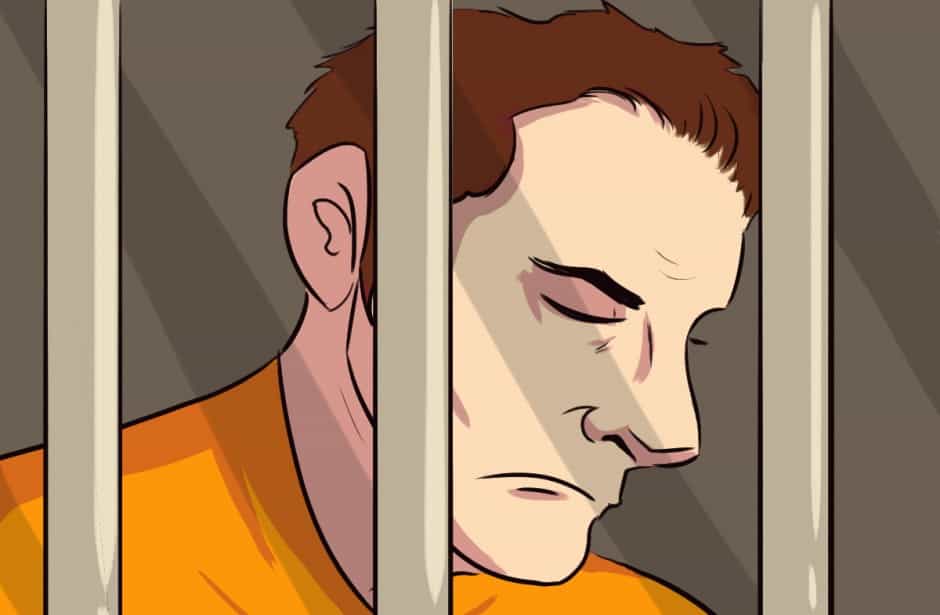Alexander Sodiqov, the University of Toronto PhD student arrested in Tajikistan on suspicion of espionage, has been released on bail. He remains unable to leave his home in Tajikistan as an investigation on his activities continues.
Sodiqov is a political science PhD candidate at U of T. A native of Tajikistan, he was working as a researcher with the University of Exeter on a project called “Rising Powers and Conflict Management in Central Asia,” when he was arrested on June 16 in the city of Khorog on suspicion of espionage for a foreign country.
Khorog, a city near the Afghan border, was the site of an anti-government conflict in 2012.
The case sparked international backlash. Numerous scholars and human rights groups, including Human Rights Watch, Reporters Without Borders, and Amnesty International, protested the arrest as a violation of academic freedom.
Professor Edward Schatz, chair of the Department of Political Science at UTM and Sodiqov’s academic supervisor, said he has spoken with Sodiqov.
Shortly after the Sodiqov was detained, Schatz created a petition for concerned scholars.
“I have been in contact with his wife Musharraf and with Alex,” said Schatz. “He is in relatively good spirits, although — as one would expect — he’s also anxious for the investigation to finish, so that he can return to his studies,” Schatz says.
“The University was very pleased to hear of the release of Alexander Sodiqov,” said Althea Blackburn-Evans, U of T director of media relations, adding: “Several groups at the university have worked with the University of Exeter, the Canadian Government, and others to raise awareness…Graduate students and scholars have put a collective effort into supporting [Sodiqov’s] release.”
In an op-ed submitted to Maclean’s in July, four U of T alumni criticized the university’s response as “timid” and “passing the buck.”
The authors also expressed concern that universities around the world lacked “clear or accessible protocol to secure the freedom of unlawfully held scholars.”
Blackburn-Evans said the university has a number of policies in place to ensure student safety while studying abroad.
“The university takes very seriously the safety of its students while studying abroad. All international travel related to a program of study and other university-sponsored or organized international travel should be planned and organized in compliance with the Guidelines on Safety Abroad,” she said.
According to U of T’s Guidelines on Safety Abroad , the university “[provides] direction and advice regarding planning, risk-assessment, preparation and emergency support of all university sanctioned out-of-country activity.”
Schatz said that most of the university’s efforts — which were coordinated with the University of Exeter — occurred behind-the-scenes.
Schatz also disagreed with some of the criticism that the university received for its response. “We should not necessarily equate visible action with effective action. Sometimes quiet efforts are the most effective ones,” he said.
Abdullah Shihipar, president of the Arts & Science Students’ Union (ASSU) said that the university must do more to ensure the safety and security of students abroad.
“While [U of T] has expressed concern and is working with NGOs [non-governmental organizations] to secure Sodiqov’s release and should be commended for that, we also believe that in light of this, the university needs to do more to ensure that all of its students — Canadian citizens or otherwise — are protected and safe,” he said.
Shihipar also characterized Sodiqov’s detention as a threat to academic freedom and integrity around the world. “[The arrest] represents a great violation of the right academics have to conduct their work without impediment from the state and in peace and security. Academic freedom is at the heart of every institution’s work and students and community members are right to be alarmed at this arrest,” he added.


